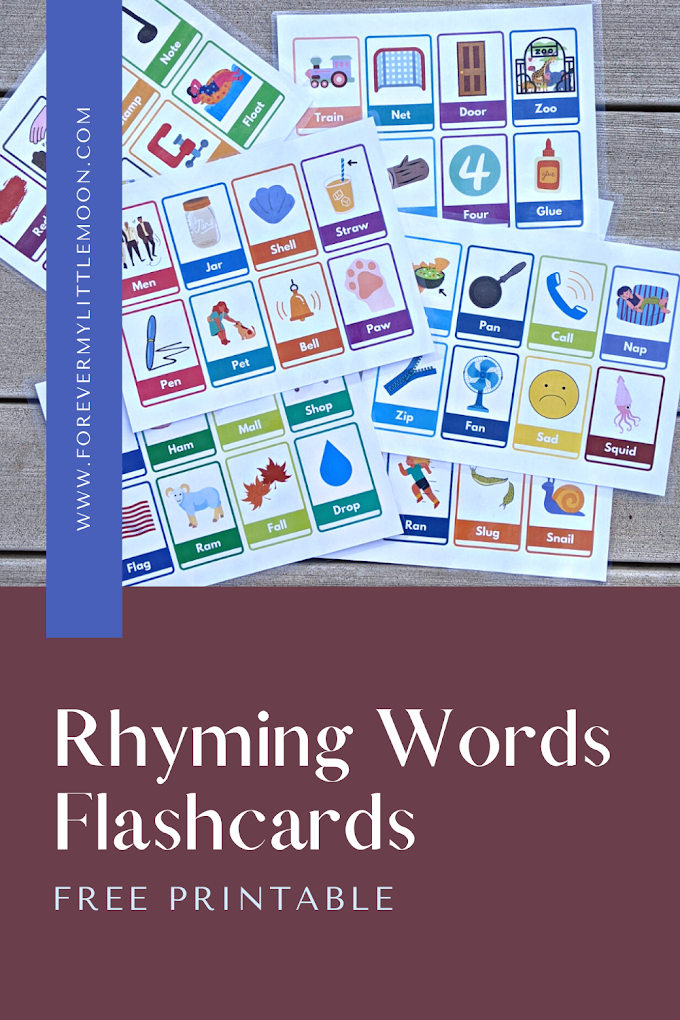4) You can't have caffeine, at all, when you are pregnant
"Experts have stated that moderate levels of caffeine have not been found to have a negative effect on pregnancy. The definition of moderate varies anywhere from 150 mg – 300 mg a day." (source)
Most will say that is about two 8oz. cups of coffee, but depending on where you get your coffee, that might be less. Emily Oster provided this cheat sheet in her book, Expecting Better:
- Starbucks brewed coffee, 8oz.: 165 mg
- McDonald's brewed coffee, 8oz.: 100mg
- Starbucks latte, 16oz.: 150mg
- Black tea, 8oz.: 14-61 mg, depending on the strength
- Greent tea, 8oz.: 24-40 mg, depending on the strength
- Coca-Cola, 12oz.: 35mg
- Mountain Dew, 12oz.: 50mg
However, even her numbers differ from the American Pregnancy Association's site:
- Starbucks Grande Coffee (16 oz) 400 mg
- Starbucks House Blend Coffee (16 oz) 259mg
- Dr. Pepper (12 oz) 37 mg
- 7 Eleven Big Gulp Diet Coke (32 oz) 124mg
- 7 Eleven Big Gulp Coca-Cola (32 oz) 92 mg
- Ben & Jerry’s Coffee Buzz Ice Cream(8 oz) 72 mg
- Baker’s chocolate (1 oz) 26 mg
- Green tea (6 oz) 40 mg
- Black tea (6 oz) 45 mg
- Excedrin (per capsule) 65mg
This can make it hard to track your intake and then one begins to wonder if it is necessary at all? The reality is there is no known safe limit of caffeine. Why? Because nausea messes with the data.
"We know that nausea is a sign of a healthy pregnancy. At the same time, it also causes women to avoid coffee. But this means that women who drink a lot of coffee are probably those who are not experiencing nausea. These women are more likely to miscarry. But you might be wrong to conclude coffee causes miscarriage; it may well be that lack of nausea causes both miscarriage and coffee drinking." (Emily Oster - Expecting Better)
Another problem is most studies focus on coffee consumption and not tea or cola, other sources of caffeine (though not as much). These are "less consistently linked with miscarriage" (Emily Oster - Expecting Better). So if caffeine was really the problem, wouldn't tea have the same impact as coffee? Could it just be nausea messing with the results? Or maybe there is something else in coffee that affects the fetus?
Well no one really knows, and because of that, we choose to be over cautious:
"Due to conflicting conclusions from numerous studies, the March of Dimes states that until more conclusive studies are done, pregnant women should limit caffeine intake to less than 200 mg per day. This is equal to about one 12 oz cup of coffee." (source)
However, Emily Oster decided for herself that the evidence wasn't enough for her to stop drinking her 3-4 cups of coffee a day and she had a healthy baby girl. You may decide differently.
For me, I only drink one cup of coffee in the morning per day and then I might have a cup of tea later in the evening, so I probably don't have to worry about going over the 200mg per day safe limit, for you, you might or you might not.
But you can have caffeine, you just might want to cut back though if you drink more than 4 cups a day (that much caffeine isn't good for you in general):
"Evidence on more than 4 cups a day is mixed; some links are seen with miscarriage, but it is possible that they are all due to the effects of nausea." (Emily Oster - Expecting Better)
5) You can't clean the litter box if you are pregnant
What's the fear of cleaning the litter box? It's a parasite called toxoplasmosis (mostly found in uncooked meat, which is why you have to make sure your meat is well done when pregnant, no more medium rare steaks!). Toxoplasmosis can be found in cat feces, but your cat probably is not infected.
Your cat only gets infected if they eat something that contains toxoplasmosis, such as raw meat, so if you never feed your cat raw meat and you never let your cat outside where he or she can catch and kill birds/mice, your cat most likely does not have toxoplasmosis.
What if your cat does have toxoplasmosis? Well, you still don't have to get rid of your cat. You'll just have to take some precautions:
"Ensure the cat litter box is changed daily. The Toxoplasma parasite does not become infectious until 1 to 5 days after it is shed in a cat's feces. (source)
Avoid changing cat litter if possible. If no one else can perform the task, wear disposable gloves and wash your hands with soap and warm water afterwards." (source)
Another precaution is to avoid getting a new kitten or cat when you are pregnant. Adopt one after you have the baby. Also avoid contact with stray cats (probably best to do in general, you have no idea what diseases they might have!). (source)
If you don't plan on having a baby anytime soon, just keep your cat an indoor cat. It is safer for them in the long run. You don't have to worry about them getting hit by cars, running away, getting diseases, etc.
Now the good news is: "Once they are exposed once, they typically acquire immunity and are not exposed again. These means you're at risk if you're exposed to a cat during the first exposure. If your cat is old, regardless of whether it lives outside, it probably has already had this." (Emily Oster - Expecting Better)
In the end, you are not likely to get toxoplasmosis from cleaning the litter box:
"... one study of pregnant women in Europe compared those with and without toxoplasmosis infection and looked to see what behaviors were more common among women who were infected. They found no evidence that cats matter: women with this infection were no more likely to have a cat at all, clean a litter box, or have a cat who hunts outside. This might be puzzling given that we know it is possible to get this disease from cat feces. However, it seems likely that most people with cats do not let them hunt outside, or, if they do, their cats have already been exposed and have immunity."
(Emily Oster - Expecting Better)
You are more likely to get toxoplasmosis from eating raw meat or gardening:
"... although cat litter seems to have little risk, there is significant toxoplasmosis risk from gardening. That study in Europe that was reassuring on cats did find a strong association between toxoplasmosis and working with soil. This suggests that if you are planning to garden while pregnant you should use gloves, and possibly consider a mask to avoid inhaling any particles."(Emily Oster - Expecting Better)
For those who are worried that they might have toxoplasmosis or would like to know if they had ever been exposed before getting pregnant, there is a test you can take:
"If you are planning to become pregnant, your health care provider may test you for Toxoplasma gondii. If the test is positive it means you have already been infected sometime in your life. There usually is little need to worry about passing the infection to your baby. If the test is negative, take necessary precautions to avoid infection." (source)
In conclusion, you are probably safe to clean that litter box, just wear gloves and a mask, and wash your hands afterward. You can always get your cat tested, which will probably be the only for sure way to know if you even need to worry. If your cat has never been infected, just make sure you keep him or her indoors and do not feed him or her any raw meat. You might also want to take other precautions, such as wearing gloves when cleaning the litter box, just to be safe.
You can read part 1 here.
Sources
- "Expecting Better" by Emily Oster
- Caffeine Intake During Pregnancy
- Take Back Your Pregnancy
- Toxoplasmosis Frequently Asked Questions
- Kitty Litter Questions (Toxoplasmosis)
- Toxoplasmosis

















